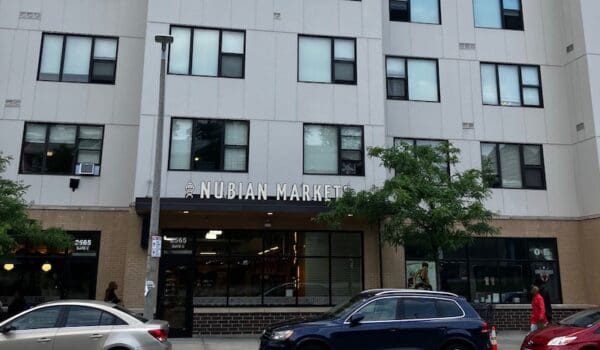Urban Forests are Great for People and the Planet – Here’s How to Help Them Thrive
Urban forests have health and climate benefits. But many communities struggle with nurturing and maintaining them. We looked at solutions to help urban forests grow.
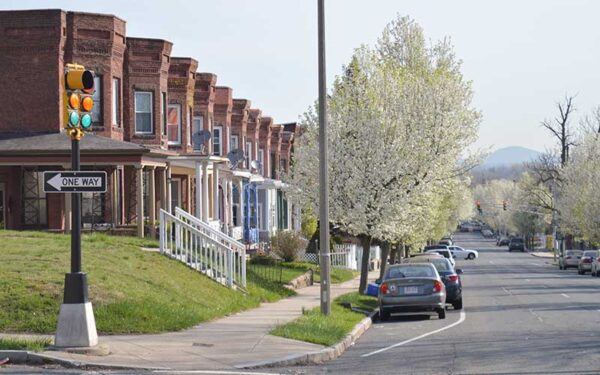
Urban forests have health and climate benefits. But many communities struggle with nurturing and maintaining them. We looked at solutions to help urban forests grow.

CLF identified common challenges and barriers, best practices, and gaps in research in order to develop a strategy for accelerating urban forestry efforts in New England.
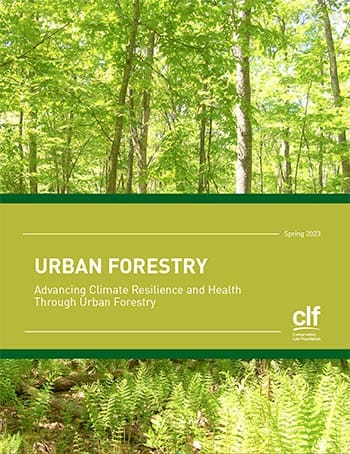
“This level of dysfunction and irresponsibility defies explanation,” said CLF attorney Seth Gadbois. “The previous administration was clearly more interested in cutting a ribbon than getting this project done safely and correctly. CLF sued to ensure that this extension was built, and this is now an opportunity for the Healey administration to commit to public transit and repair public trust.”
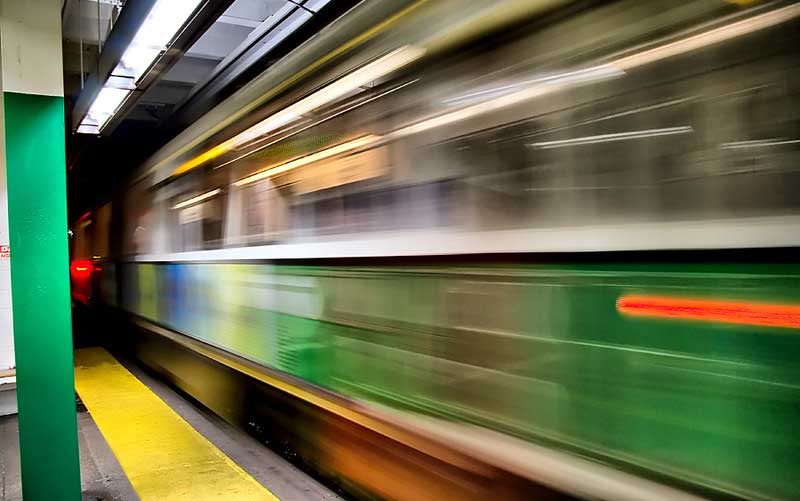
“The owners of this landfill are blatantly ignoring the law and robbing Vermonters of the right to weigh in on a project that will affect public health and the environment,” said Nora Bosworth, Zero Waste Attorney at CLF. “State laws exist for a reason, and the Coventry landfill can’t be allowed to continue operating this system in defiance of the law. It’s time for the Agency of Natural Resources to step in.”
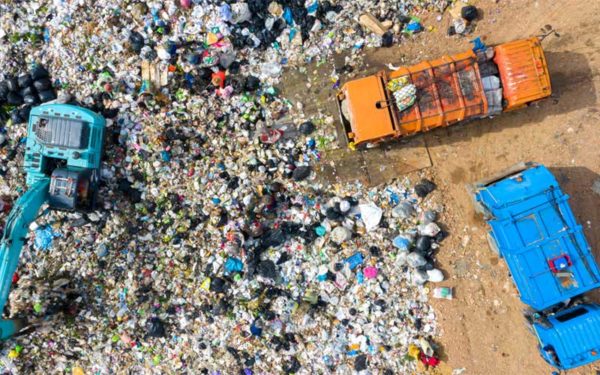
Our transition to a clean energy future must benefit those shouldering the worst burdens of pollution, economic loss, and public health harm
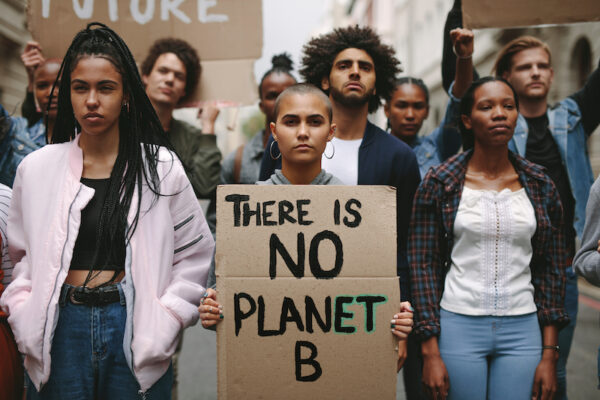
Monica Huertas is among those leading the fight for environmental justice in her community. The mother of four’s passion lies in her work as a doula, but she recognizes that for her own kids – and the babies she delivers – to grow up healthy, she and her neighbors must take a stand against the industrial pollution fouling her community.
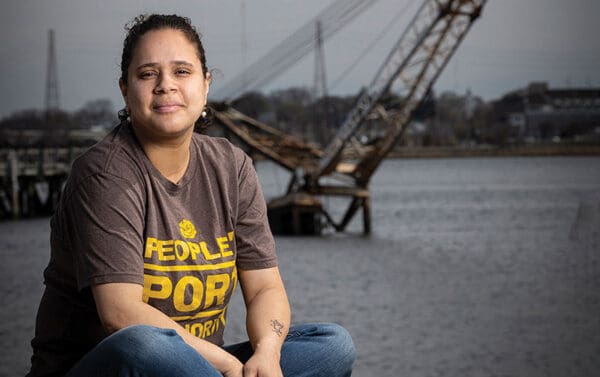
“Single-use plastics are a scourge on our environment and our communities,” said CLF zero waste attorney Mara Shulman. “These products hasten the climate crisis and endanger the health of people and wildlife. Governor Healey’s ban is a great step towards making Massachusetts a leader in fighting the plastics crisis.”
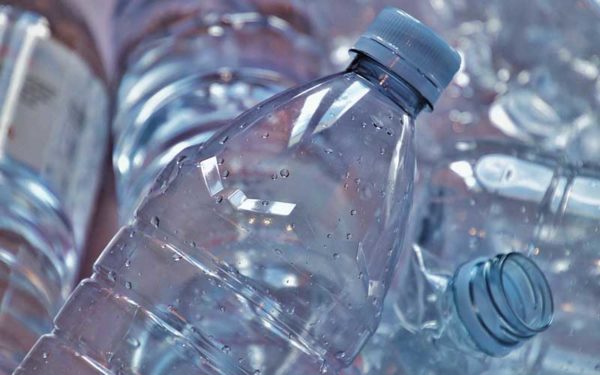
For those on the ground, the project will address disparities they’ve long observed. Arnold Mikolo is an environmental justice advocate with the Conservation Law Foundation, an environmental advocacy group partnering with the city on the tree planting project. He’s been speaking with residents to gather their feedback and concerns about environmental issues in the center city communities. “One of the main things they said was, ‘This neighborhood is really hot,’” Mikolo said.
“This award is a testament to the commitment of Manchester to create a more equitable and sustainable urban environment,” said CLF Environmental Justice Advocate Arnold Mikolo. “Urban forests provide critical shade during heatwaves, help control stormwater, and provide a habitat for animals. By maximizing community access to these benefits, this initiative promises to transform the quality of life for residents and enhance the city’s ecological and economic sustainability for years to come.”
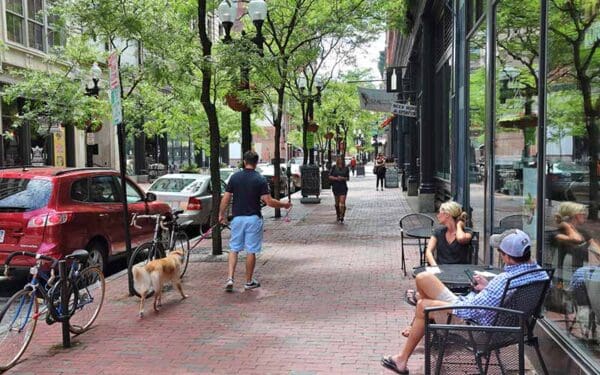
In the world of investing, real-world outcomes are often neatly severed from investment strategy. Return on investment, rates, and yields are guiding principles that supersede seemingly idealistic notions of community-building and the environment. But a more thoughtful and creative investment approach has taken root over the past decade. That approach recognizes that the savviest long-term… Continue reading The Power of Social Investment
